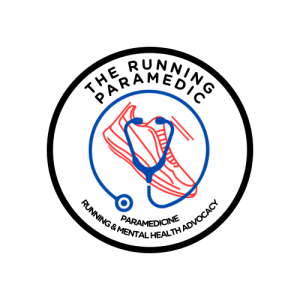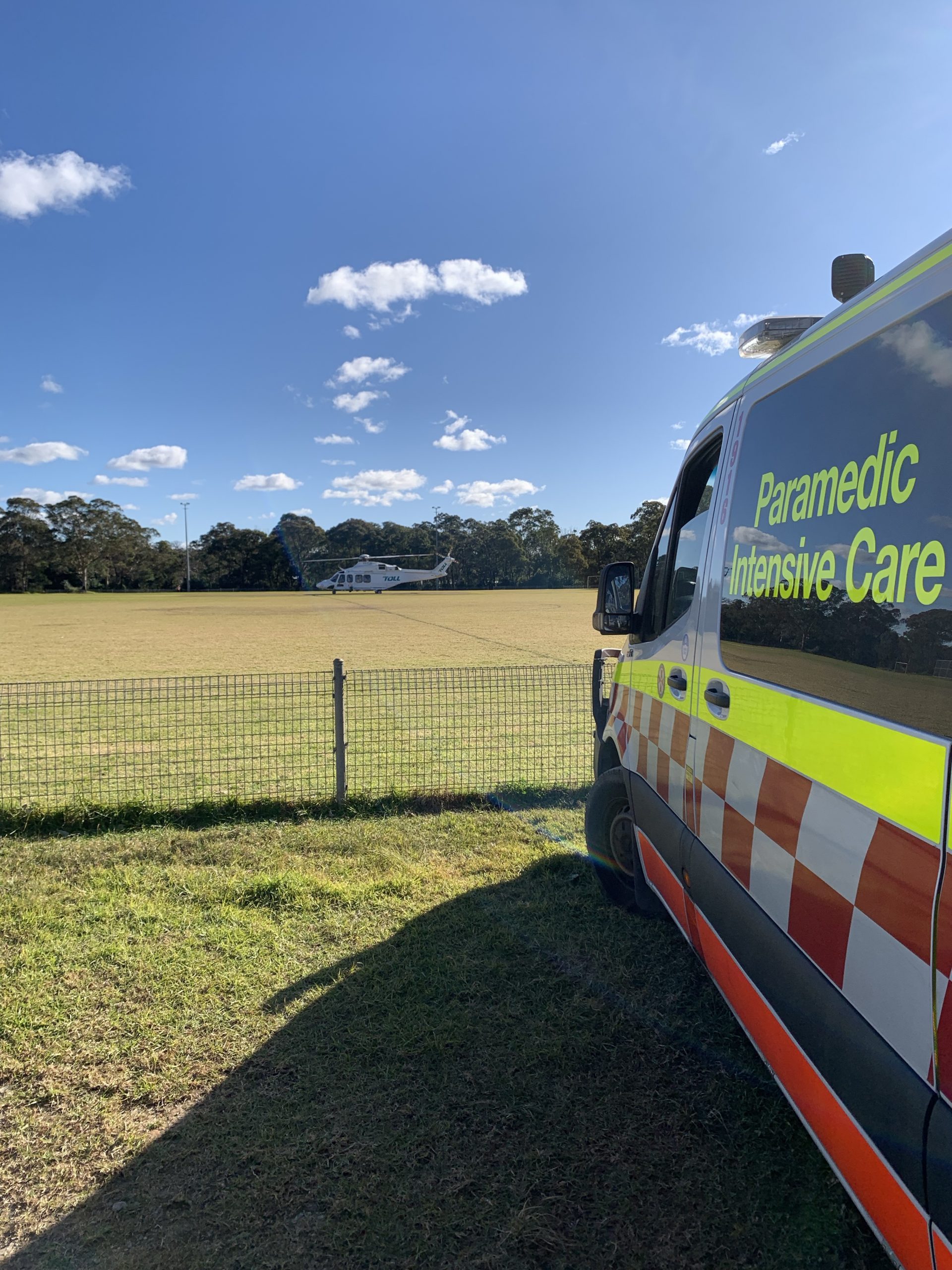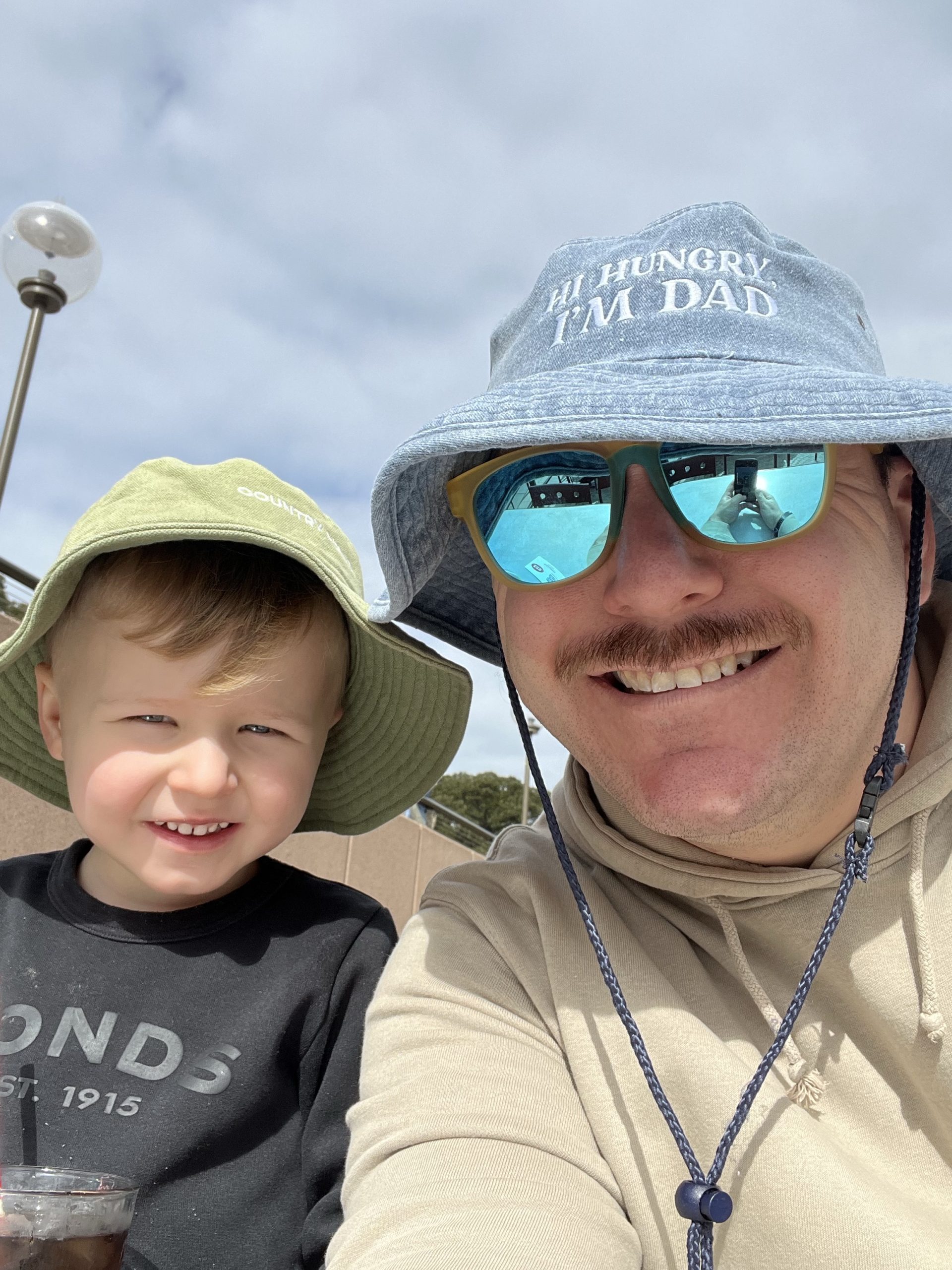In May this year I returned to clinical practice (on road) after being on alternate duties for over 14 months due to my back injury. Thankfully this came about becuase I made a great post op recovery and have no more sciatic pain and normal sensation in my foot and leg.
Prior to returning on road I was already experiencing severe anxiety due to external factors which added to the anxiety about returning to work. This is also the reason I haven’t been posting a lot recently.
I was worried:
- That I wasn’t good enough to be on road
- That I would be clumsy and unable to do the job
- That my anxiety would take over
- That I would be judged by my colleagues
- That I would hurt my back again
- That I would end up depressed/anxious from the first scene I personalised (I was already vulnerable with my recent mental health issues)
What I did experience was something incredible; overwhelming support.
From the moment I was ready to return to on road duties I was supported by management, education and my colleagues. I was able to discuss my concerns with people who have returned from having time off whether it be having children, workers comp or long secondments. It helped a lot and while I was anxious I was also very excited.
Return To Clinical Practice Course
When I arrived I knew everyone which was great, but I was the only Paramedic, everyone else was an Intensive Care Paramedic. It was overwhelming becuase I thought I would be left behind while they practiced their skills.
Our educators, however, were amazing and ensured I was able to practice my skills. During the cardiac arrest drills I was able to use my clinical knowledge and contribute to the team with my skills and knowledge.
Accidental First Day On Road
On the first day of the course our sector was so busy that we ended up having to go out with an educator to cover the workload in the afternoon. I got to work with an Extended Care/Intensive Care paramedic so asked if he could treat, expecting to do low acuity. I wanted to see him conduct thorough assessments and possible referrals for low acuity patients and discuss it after each job.
What happened instead was not expected.
Our second job of the afternoon was a 34 year old male with palpitations. The normal discussion about these jobs is around anxiety which is the typical diagnosis.
Instead he was going in and out of conscious VT (Ventricular Tachycardia). Conscious VT is relatively rare because they’re normally in cardiac arrest by the time we get there.
This patient had a history of the same and his internal defibrillator was shocking him appropriately when in VT.
I might discuss this as a clinical case study in a later post but for now I’ll talk about why this job proved I could still do the job.
My anxiety was through the roof. I was using a single responders kits which I’ve never used before, confronted with a patient who was heavily traumatised by previous episodes of the same, and a life threatening condition that could lead to cardiac arrest at any moment.
I remember looking down at the kit attempting to gather the necessary equipment for my partner to cannulate the patient.
I couldn’t find a thing.
I was panicking.
I felt like I was failing.
I had to reset my head.
I took some deep breaths, closed my eyes for a few seconds and reset so I was ‘in the game’.
It worked.
I was able to reset and all of a sudden everything started to click. My head was clear and ready to focus on the job at hand. Still anxious but my mind was working.
I then had my next hurdle, driving lights and sirens with a critical patient and treating paramedics in the back unrestrained (patient restrained) and passing a code 3 (report via radio) to the hospital so the resus team is ready to treat the patient.
That anxiety kicked in again with the responsibility I had. I again had to reset and focus on the job. While my code 3 probably wasn’t the best, I passed it, and got the patient and my colleagues to the hospital safely and relatively quickly.
We had a debrief at the end of the job and I spoke about how anxious I was once we knew what was going on and the educators reply shocked me.
“You didn’t seem anxious at all and everything happened so smoothly. I certainly got everything I needed when it was needed.”
I guess it’s the duck on water metaphor in a nutshell. My mind was going in circles but my body must have appeared calm and collected. Pretending I know what I’m doing until I actually do.
I must admit, after 12 years many of the skills came back to me pretty quickly, a bit like riding a bike. The hardest part was remembering the new guidelines with COVID and ensuring my anxiety didn’t take over when on the job.
I Guess I Can Still Do The Job
This job proved I can still use my skills and knowledge when it’s needed.
This job proved I can stay calm under pressure and then process the anxiety and emotions of the job after we hand over.
This job proved I still love what I do.
It gave me the confidence I needed that I can rely on both my body and my mind to be an effective paramedic. I don’t need to be the best paramedic in the job but I always aim to be the best paramedic I can be.
For those returning to clinical practice in health please know it is achievable. The anxiety and fear is normal and can be overcome.
The biggest advise I want to pass on is to deal with the emotions and fear before (on the way to) and after the job because it may take over when on a job one day if not dealt with. It may mean seeking professional help or talking to your colleagues and friends who have been through returning after a long time off and experienced the fear and anxiety.
Just know you can do it with the right help and support around you.
So thank you to all my colleagues who helped me return to clinical practice this year. It’s greatly appreciated.
**Returning after a long time off due to PTSD, compassion fatigue or other traumatic psychological injury is a bit different and I don’t have experience with this. Please seek professional services to assist to ensure your safety returning to work.



